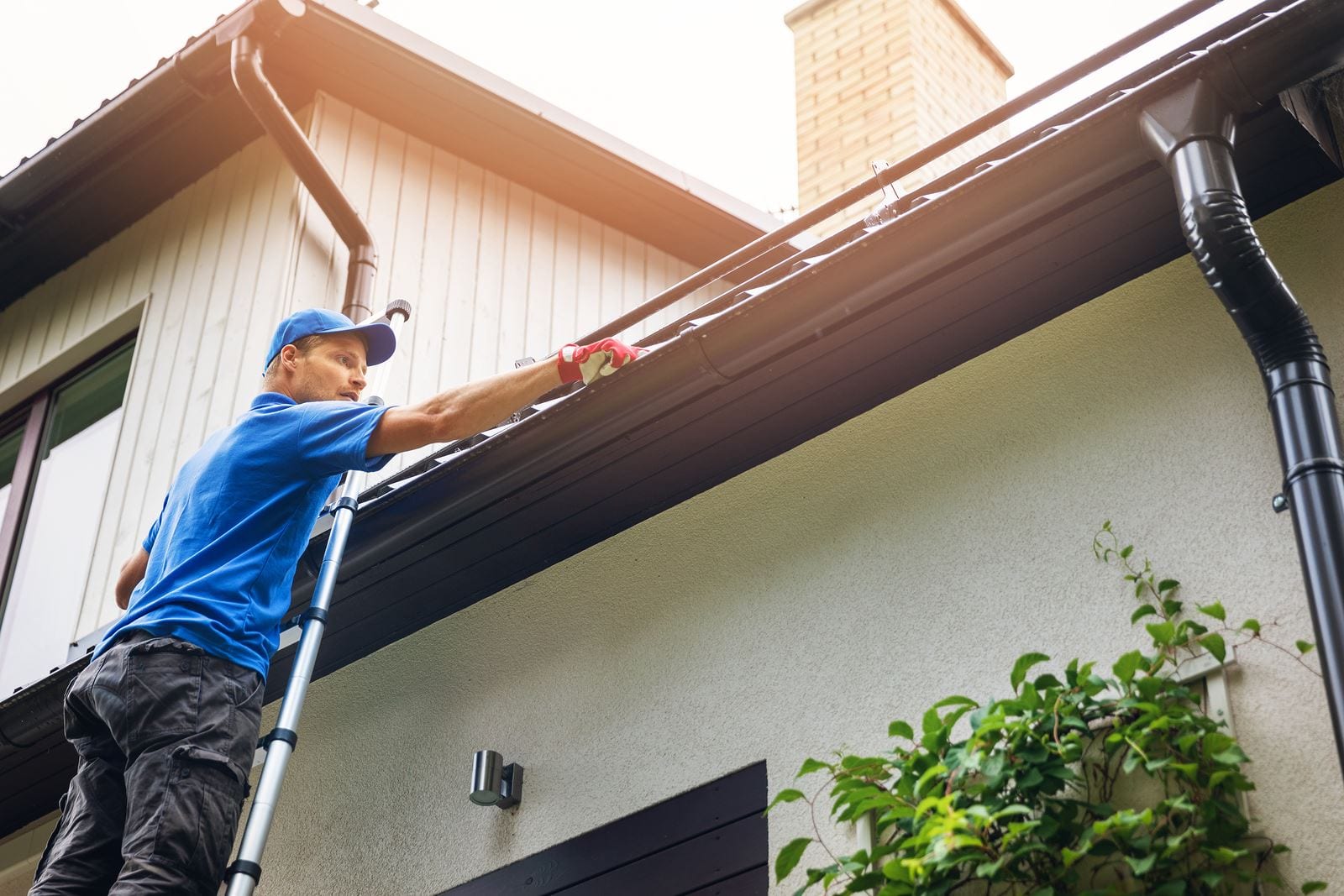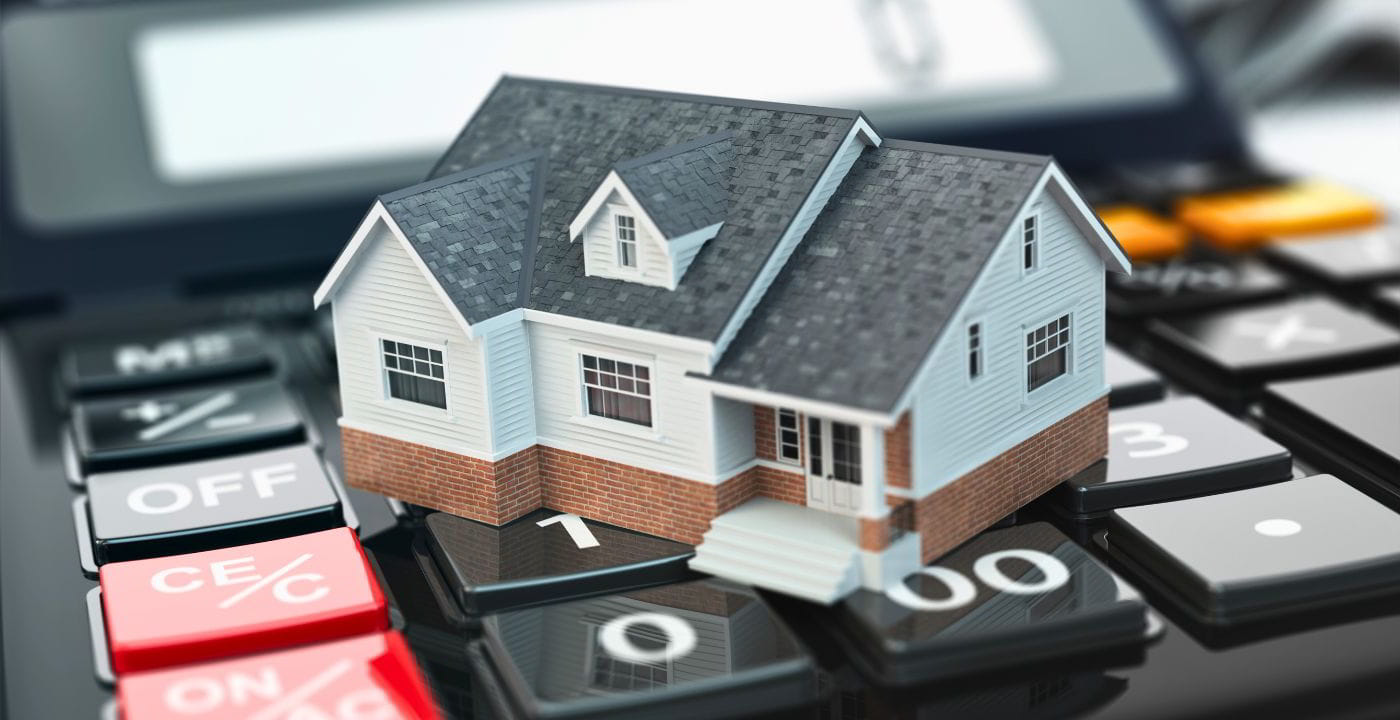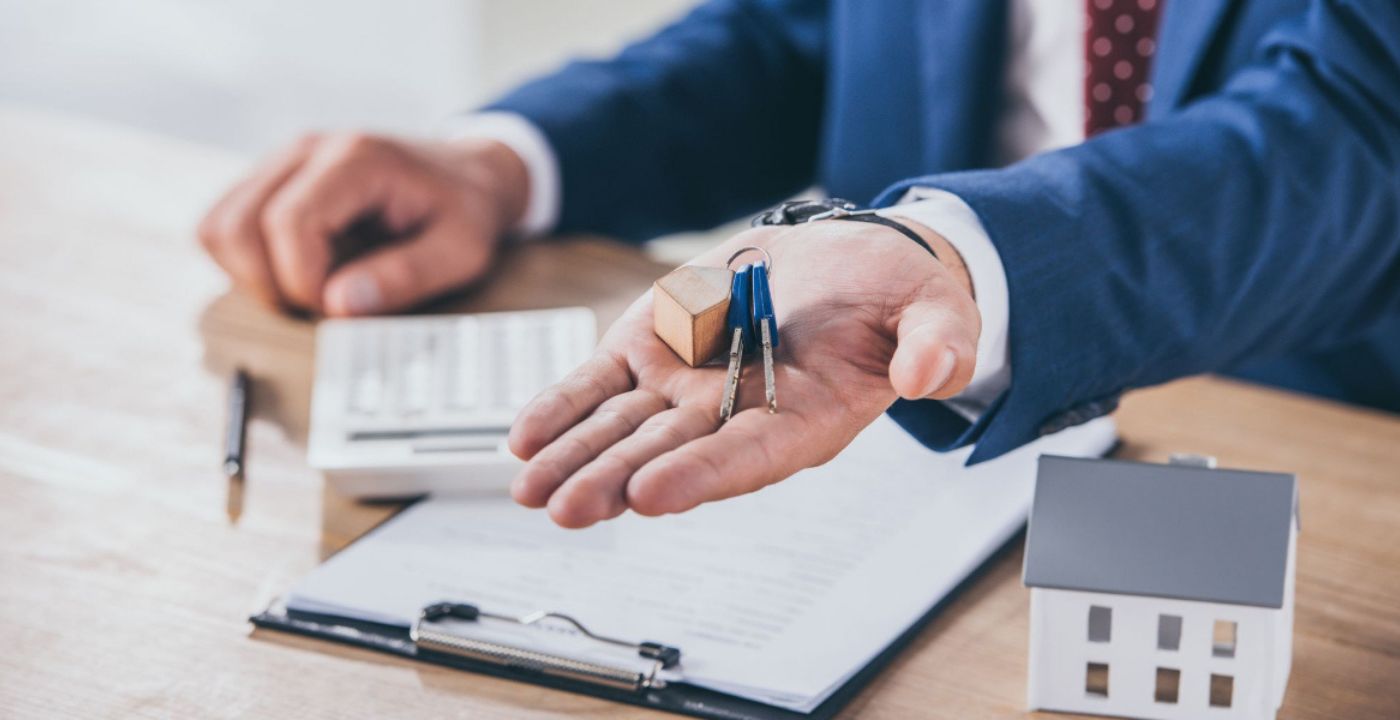
Key Summary
- Property maintenance involves routine tasks and complex undertakings, and costs vary depending on the property’s type, size, age, and condition.
- Neglecting property maintenance can lead to costly repairs, while proactive measures, tenant satisfaction, and effective budgeting can prevent such issues.
- Factors affecting maintenance costs include local climate, location-specific factors, property age, size, type, quality of construction, materials used, and tenant usage.
- Strategies for effective property maintenance budgeting include prompt issue resolution, hiring reliable contractors, comparing quotes, investing in durable materials, and DIY for minor repairs.
- Understanding property maintenance costs and managing them proactively can save landlords money in the long term and enhance the property’s value.
What is Property Maintenance
Property maintenance encompasses a range of activities undertaken to preserve the value, safety, and comfort of a property.
This includes routine tasks such as cleaning, gardening, and minor repairs, to more complex undertakings like structural repairs, electrical work, and plumbing. The scope of property maintenance can vary considerably depending on the type, size, age, and condition of the property.
To help landlords manage their responsibilities, we’ve assembled a comprehensive property maintenance and service list:
| Maintenance Task | Description | Frequency |
|---|---|---|
| Regular Inspections | Check for any signs of damage or wear. | Quarterly |
| Cleaning of Common Areas and Outdoor Spaces | Keep common areas and outdoor spaces clean and free from clutter. | Weekly |
| Heating, Ventilation, and Air Conditioning (HVAC) Maintenance | Service and maintain HVAC systems to ensure optimal performance. | Bi-annually |
| Electrical Systems and Appliances Check | Inspect and repair electrical systems and appliances to avoid safety hazards. | Bi-annually |
| Plumbing Maintenance and Repairs | Check for leaks, maintain pipes, and address any plumbing issues. | Quarterly |
| Exterior Building Maintenance | Maintenance of walls, windows, doors, roofs, and other exterior structures. | Bi-annually |
| Landscaping and Gardening Services | Maintain lawns, gardens, and outdoor spaces, ensuring they are attractive and safe. | Monthly |
| Pest Control Measures | Implement measures to control and prevent pest infestations. | Annually |
| Safety Checks | Test smoke alarms, carbon monoxide detectors, and fire extinguishers. | Bi-annually |
| Gutter Cleaning | Clear gutters of debris to prevent water damage. | Annually |
| Carpet and Flooring Maintenance | Clean carpets and maintain flooring to ensure longevity. | Annually |
| Interior Décor | Touch up paint and repair any interior damage to maintain aesthetics. | As Needed |
| Lock and Security System Checks | Regularly inspect and maintain locks and security systems. | Annually |
| Communal Facility Maintenance | If applicable, ensure the upkeep of shared facilities such as gym, pool, laundry room, etc. | Monthly |
| Drainage and Sewage System Check | Monitor and maintain the drainage and sewage systems to prevent blockages and leaks. | Annually |
Running Costs of a House
Understanding the running costs of a house is crucial for landlords. This includes not only the costs of property maintenance but also additional expenses such as insurance, property tax, and utilities.
The average property maintenance costs in the UK fluctuate between regions and property types. Reports show that landlords in London are thought to spend, on average, £2,300 per year on maintenance, while those in the North East spend just £1,085.
When considering the age of the property, the average maintenance cost also varies. Below is a table providing a rough estimate of maintenance costs according to the age of the house:
| Age of House | Average % Maintenance Cost |
|---|---|
| 1-5 years | 1% |
| 6-10 years | 2% |
| 11-20 years | 3% |
| 21-30 years | 4% |
| Over 30 years | 5% |
This cost breakdown encompasses contractor fees, materials, permits, and administrative charges, with the main expenditure often being the labour cost of contractors.
What Avoiding Property Maintenance and Repairs Can Cost
Neglecting property maintenance and repairs can lead to serious repercussions, resulting in significant damage and associated costs. When landlords defer maintenance tasks, seemingly minor problems can escalate into severe and often costly repairs.
Avoiding routine roof inspections, for example, may seem like a cost-saving measure initially but undetected minor leaks can escalate into substantial water damage over time. Such a situation may require not only costly roof repairs but also extensive interior renovations to fix water-damaged structures and mould problems.
Similarly, neglecting regular boiler servicing can lead to unexpected breakdowns, especially in the cold winter months. The cost of an emergency boiler repair or replacement can be substantially higher than routine maintenance costs. Additionally, tenants living without heating or hot water can claim rent reductions or take legal action, adding to the landlord’s financial burden.
Below is an expanded table illustrating the average cost of common maintenance jobs and the potential cost if these tasks are neglected:
| Maintenance job | Average Maintenance Cost | Potential Repair Cost if Neglected |
|---|---|---|
| Gutter Cleaning | £150 | £500 |
| Boiler Servicing | £80 | £300 |
| Roof Inspection | £200 | £2,500 |
| Pest Control | £100 | £1,000 |
| Damp Proofing | £400 | £2,000 |
| Electrical Safety Checks | £100 | £1,500 |
| Window Maintenance | £50 | £500 |
| Security System Maintenance | £200 | £1,000 |
| Insulation Checks | £150 | £800 |
Proactive property maintenance and repairs not only preserve the condition of the property but also protect the landlord’s financial interests.
Regularly maintaining a property allows a landlord to prevent small issues from becoming large, costly problems, enhance tenant satisfaction, and secure a positive return on their investment.
Maintenance, and the admin that comes with it, can be time consuming though and, as such, some landlords consider it a good investment to utilise the services of a property management team.
What Factors Can Affect the Cost of Maintenance
A myriad of factors can affect property maintenance costs. Understanding these variables can help landlords plan their budgets more effectively and manage costs prudently. Here, we delve deeper into some of these factors:
Climate
The geographical location and local climate significantly influence the frequency and extent of property maintenance required. Properties in areas with harsh winter conditions, for example, may necessitate frequent roof inspections and de-icing measures. Alternatively, homes in hotter regions might require more regular air conditioning system servicing. Additionally, regions prone to extreme weather events, like high winds or heavy snowfall, can lead to more substantial maintenance needs due to potential weather-related damage.
Location-Specific Factors
Beyond climate, other location-specific factors can also impact maintenance costs. Coastal properties might face challenges related to higher humidity levels, such as accelerated rusting or mould growth, requiring more frequent maintenance. Similarly, rural properties might have to deal with pest issues or septic system maintenance more frequently than their urban counterparts. Properties in urban areas may experience pollution-related issues, such as faster deterioration of exterior paint.
Property Age
The age of a property is a crucial determinant of maintenance costs. Older properties, especially those designated as historic, often require more frequent maintenance and specialised care to preserve their structural integrity. Older plumbing and electrical systems might need updating to meet current standards, while aged roofs might need regular inspections and potential replacements to prevent leaks.
Property Size
Unsurprisingly, the size of the property can significantly affect maintenance costs. Larger properties, with more rooms, additional facilities, or extensive outdoor areas, will generally incur higher maintenance costs due to the increased space and equipment requiring maintenance.
Property Type
The type of property can also influence maintenance costs, such as a detached house which might require more maintenance than an apartment, due to elements like a larger roof area, potentially a garden, and exterior walls exposed to weather conditions from all sides. On the other hand, flat owners may need to contribute to communal area maintenance, depending on their lease agreements.
Quality of Construction and Materials Used
Properties built with high-quality materials and superior workmanship generally incur less frequent maintenance. High-quality materials often withstand wear and tear better, reducing the need for frequent repairs or replacements. This factor also extends to the quality of appliances and systems installed in the property.
Tenant Usage
The way a property is used by the tenants can also significantly impact maintenance costs. Tenants who misuse appliances, neglect minor maintenance tasks, or damage the property can lead to increased repair costs. Regular property inspections can help landlords identify and address such issues promptly.
How to Budget Effectively for Property Maintenance
On average, a landlord should budget between 1% and 3% of the property’s value each year for maintenance.
Having an effective budget for property maintenance is a strategic process that necessitates striking the right balance between proactive measures to prevent future issues and adept management of current expenditures. While this can seem daunting, certain strategies can help you optimise your budget and ensure cost-effectiveness in property maintenance.
Take Quick Action
One of the key strategies involves prompt resolution of issues. By addressing minor problems as soon as they emerge, you can prevent them from spiralling into major, costlier complications.
It’s akin to stopping a small leak before it turns into a flood; early intervention is typically more manageable and less expensive. Moreover, engaging with reliable and skilled contractors is crucial. They not only ensure high-quality work but their expertise and proficiency can result in durable solutions, thereby minimising the need for recurrent repairs.
Lowest Costs
Another essential tactic is to compare quotes for maintenance jobs. By obtaining multiple estimates, you can better gauge the market rate and ensure you’re not overpaying for services. Similarly, investing in high-quality, durable materials might involve higher upfront costs, but in the long run, they can reduce the frequency and expense of repairs and replacements, making it a worthwhile investment.
Do it Yourself
Lastly, don’t underestimate the power of DIY for minor repairs. Undertaking simple tasks such as changing a light bulb, minor painting jobs, or fixing a loose doorknob can save significantly on contractor fees, leaving more room in your budget for other necessary maintenance tasks. Remember, every bit of saving contributes to a healthier budget, and consequently, a well-maintained property.
Conclusion
Understanding the intricacies of property maintenance costs is crucial for landlords. It’s not just about budgeting for the obvious running costs of a house, but also considering the cost implications of deferred maintenance.
Proactive management of property maintenance can save landlords money in the long term, and partnering with a reliable property maintenance company like MMC Manchester can help you stay ahead of the game.




